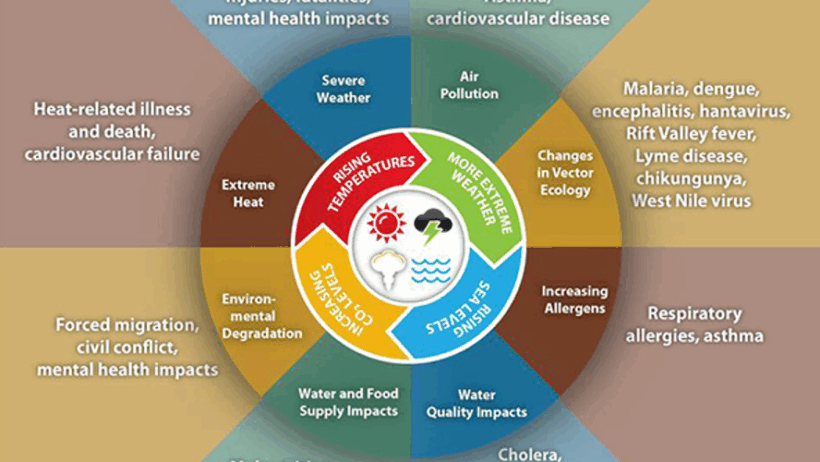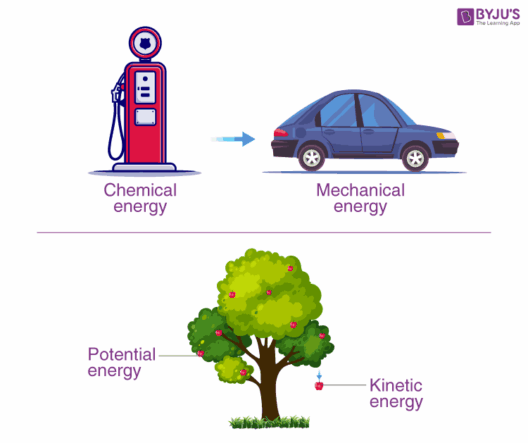Climate change is no longer an abstract concept confined to the realm of scientific debate; it is a pressing reality affecting every corner of our planet. As human beings, we have a unique responsibility to understand how this global phenomenon profoundly impacts our health and well-being. The implications of climate change on human health are both direct and indirect, manifesting in a variety of ways that deserve thorough exploration. This article delves into the multifaceted relationship between climate change and human health, examining the myriad effects on physical and mental well-being, vulnerable populations, and the broader implications for public health systems.
Understanding the Mechanisms of Climate Change
To comprehend how climate change affects human health, it is essential to grasp its underlying mechanisms. Climate change primarily results from greenhouse gas emissions, which trap heat in the atmosphere and lead to rising global temperatures. This warming triggers a cascade of environmental alterations, including altered weather patterns, extreme weather events, rising sea levels, and shifts in ecological systems. These changes have profound health implications, highlighting the intersection of environmental science and public health.
The direct effects of climate change on human health can be categorized as emerging threats, such as heat-related illnesses and the spread of infectious diseases. For instance, as temperatures rise, the incidence of heat-related illnesses, including heat exhaustion and heat stroke, can significantly surge. Vulnerable populations—such as the elderly, those with pre-existing health conditions, and outdoor workers—face the highest risks. Extreme heat episodes can lead to increased hospital admissions, exacerbating pre-existing health problems and leading to fatal outcomes.
In addition to heat-related illnesses, climate change facilitates the proliferation of vector-borne diseases. Diseases like malaria, dengue fever, and Lyme disease are often influenced by temperature and precipitation patterns. Warmer temperatures can expand the habitats of vectors such as mosquitoes and ticks, broadening the geographic range of diseases and posing significant public health challenges.
Indirect Impacts of Climate Change on Health
Beyond direct effects, climate change also exerts indirect impacts on human health, often amplifying existing health disparities. As climate-related events such as floods, hurricanes, and wildfires become more frequent and intense, populations are displaced, leading to increased exposure to mental health issues and chronic stress. These events can precipitate post-traumatic stress disorder (PTSD), anxiety, and depression, which may persist long after the disaster has ended.
Food and water security are also deeply intertwined with climate change and health. As temperatures rise and weather patterns shift, agricultural productivity faces severe threats, undermining food supply stability. Crop failures can lead to malnutrition, especially in vulnerable populations, exacerbating the cycle of poverty and health disparities. Additionally, water scarcity caused by prolonged droughts impacts hygiene, sanitation, and food safety, heightening the risks of waterborne illness.
The Mental Toll of Climate Change
The psychological ramifications of climate change are an evolving area of research. From eco-anxiety to climate grief, the emotional toll of climate change is increasingly recognized. Individuals and communities affected by climate-related disasters may experience a profound sense of loss—not only of homes and livelihoods but also of a secure future. The pervasive anxiety about the world one’s children will inherit can lead to complicated emotional responses, affecting mental health at a societal level.
Furthermore, chronic exposure to climate change impacts can lead to a phenomenon known as “solastalgia,” a form of distress caused by environmental change disrupting one’s home ecosystem. This highlights the need for mental health interventions in tandem with environmental policies to address the social and emotional consequences of climate change.
Vulnerable Populations: A Focus on Equity
While climate change affects everyone, it does not do so equitably. Marginalized and low-income communities often bear the brunt of climate-related health consequences due to limited resources and access to healthcare. These populations are more likely to live in areas susceptible to flooding, poor air quality, and the urban heat island effect, which exacerbates health risks. Addressing health disparities necessitates a concerted effort to integrate climate justice into public health planning.
Public health systems must evolve to recognize the health implications of climate change and develop comprehensive strategies to combat its effects. This includes increased funding for research on climate-related health impacts, training healthcare providers to recognize and address these issues, and implementing community-based interventions aimed at building resilience among vulnerable populations.
Conclusion: The Path Forward
The urgency of addressing climate change cannot be overstated. As the evidence mounts regarding its deleterious effects on human health, it becomes imperative to adopt a proactive stance. This includes investment in sustainable public health practices, enhancing community resilience, and fostering greater environmental stewardship among individuals and institutions. By understanding the intricate relationship between climate change and health, we can forge pathways toward a more equitable and sustainable future, prioritizing both planetary and human well-being. Embracing this challenge is not merely an option; it is our moral obligation to ourselves and future generations.





